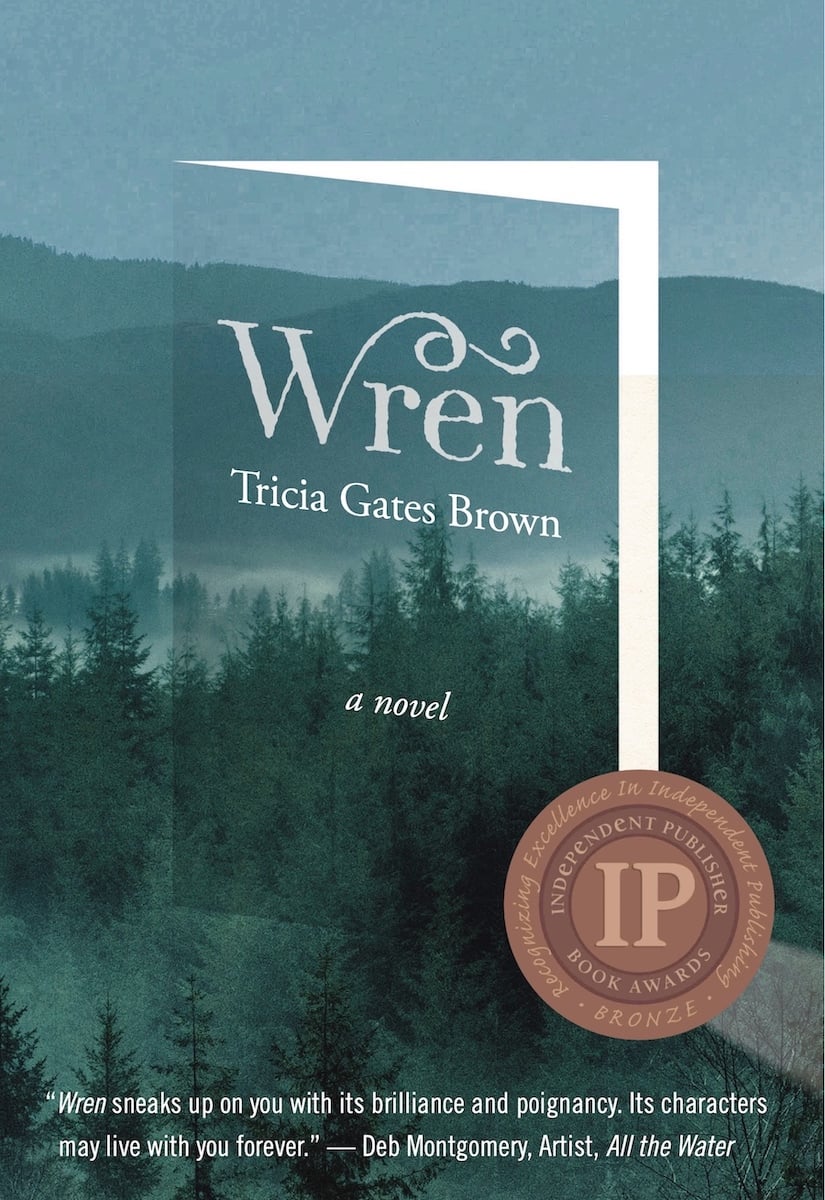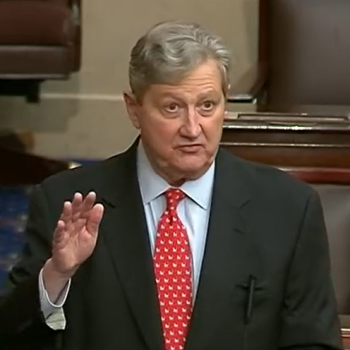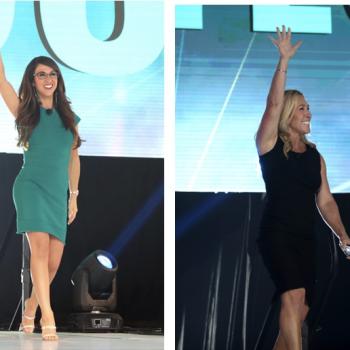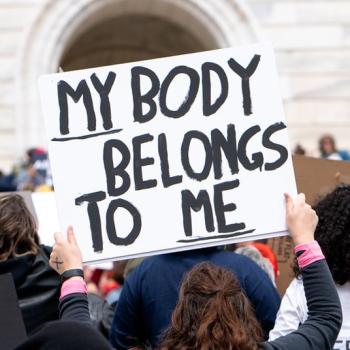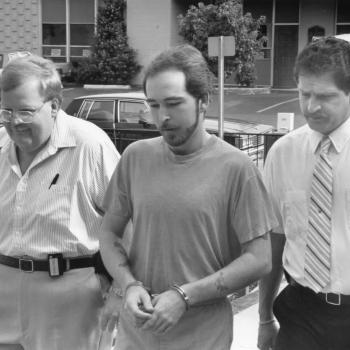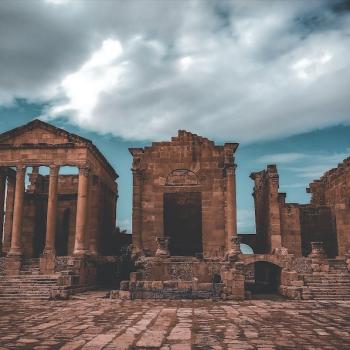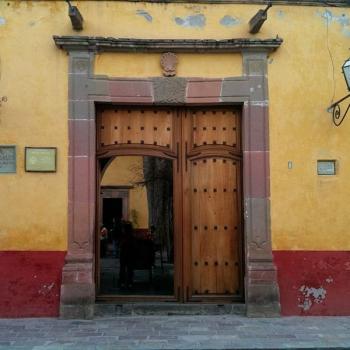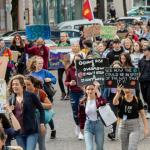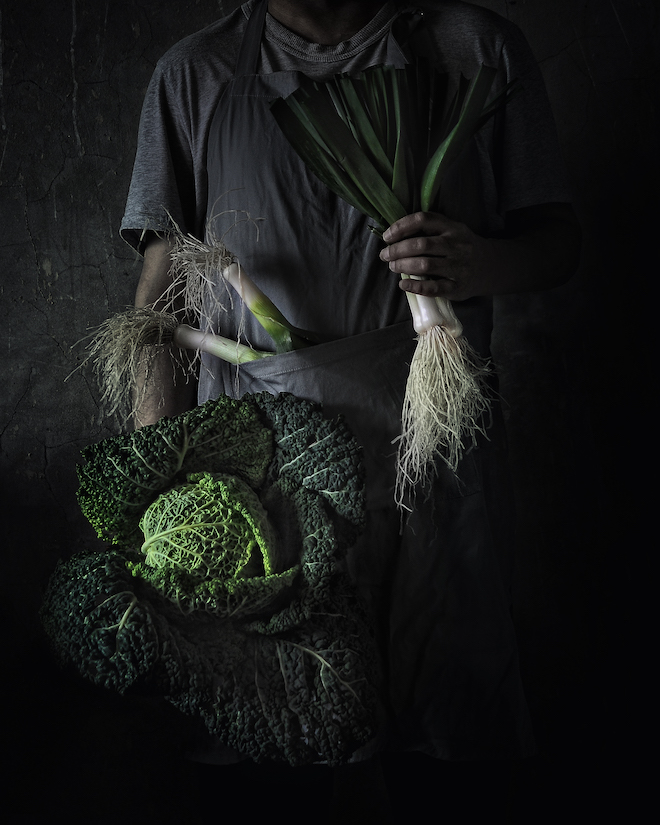
I’m reading the follow up to Margaret Atwood’s The Handmaids Tale (The Testaments) and again find my mind in Gilead. The Handmaid’s Tale takes place in a dystopian United States where the vast majority of women can no longer have children. In response to this crisis, an authoritarian government allows those in power to subjugate fertile women, forcing them to work as “handmaids” (sex/birth slaves/surrogates) for elite families. Taken from their own families by paramilitaries, the handmaids live under the watchful eye of the state, are granted no rights, and are treated like servants. Fear of being singled out for punishment overshadows their days, and as we hear through the thoughts of Offred, the main character, they are allowed freedom only in the alcoves of the mind. In the view of elites who control them, the maidens are sub-human; yet the maidens hold the keys to life. As life-holders, they have the power in a society where fertility is perilously low. Because of this fact, it is all the more important—from the perspective of the system—to keep them isolated, disenfranchised, and afraid, unable to see their inherent leverage.
The Handmaid’s Tale portrays a chillingly patriarchal society where women—whether the handmaids or the wives who share their husbands—are strictly controlled by males. I doubt there is a woman who watches this series without a twinge of discomfort, recognizing traces of familiarity in the domination. Still, what I observed as I watched the series was how the nearest modern-day equivalent of the handmaids’ experience, the nearest equivalent in today’s United States, is the experience of some undocumented immigrants. That group tarnished in mainstream news with titles like “criminal,” “illegal alien,” “thug,” and “invader.”
Like the handmaids, the undocumented do what the average American is physically or psychologically unable to do. In our economy, the undocumented do the most challenging aspects of physical labor. As the workers who pick our produce, process the foods that appear in grocery aisles, milk the cows, and prep our meals in restaurants, the undocumented hold the keys to life—insofar as food is life (this aside from raising young children, caring for the aged, putting roofs over our heads, rebuilding after natural disasters). The fact is, Americans cannot hold up our food system on our own.
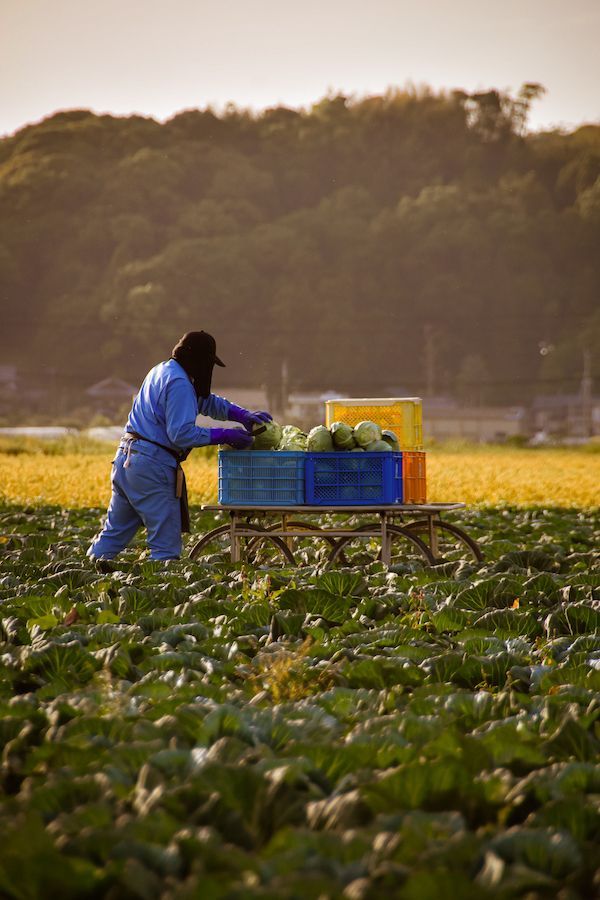
We depend every day on the work of people who come to this country to fill jobs we cannot do. But lest these workers realize leverage in the system that depends on them, US authorities have in place an elaborate system of control. While bipartisan efforts have in the past tried to humanize the system for these integral contributors to our economy, for years efforts have mounted to harshly control and curtail the movement, freedoms, and experiences of the undocumented in the United States, to brand them as dangerous. This is what stood out to me as I reentered the world of The Handmaid’s Tale. This was especially true under Trump (who launched his presidential campaign calling the undocumented drug dealers and rapists), when threats were made to garnish their wages to pay for a wall, more for-profit prisons and tent cities were put up to house the less productive among them (grandparents, women and children), young children were separated from family members indefinitely, and rhetoric against asylum seekers relentlessly portrayed them as dangerous intruders.
Undocumented people come to the US willingly; they are not abducted like handmaids in The Handmaid’s Tale. I am not implying otherwise. But they are often fleeing violence, as in the case of many Central Americans and Mexicans who flee drug wars fueled by US-American addiction and decades of destructive US foreign policy in their countries. Other immigrants are economic refugees. Though they are not abducted, they are severed from their families, cultures, and homes because no good choices remain for them. I am not saying the undocumented experience is the same as that of the handmaids. But the echoes and resonances, the shadowy resemblance between the circumstances of the undocumented and the handmaids, should give us all pause.
Most US citizens do not personally know undocumented immigrants (or don’t know that they know). Fewer still are familiar with the restrictive in’s and out’s of US immigration law, or the extent to which undocumented immigrants contribute to our economy while having curtailed rights and no viable pathways to legitimization. They contribute significantly to the social security system with no prospect of receiving social security for themselves. Perhaps it would be fruitful for people to read The Handmaid’s Tale (or watch the series on Hulu) with the undocumented in mind. Then to take a small or large step in support of them.
Judeo-Christian tradition emphasizes the importance of hospitality toward “the alien,” meaning the stranger in a foreign land. It is not hard to see why. The tradition tells the story of a people who often find themselves as strangers in a foreign land—from Abraham, who is told to leave his homeland; to Moses, who flees Pharaoh’s home for Midian; to the Hebrew people he leads out of Egypt; to the Israelites in the long, painful exile that gave birth to the most powerful Hebrew scriptures; to the experience of the Israelites as strangers in their own land under a succession of dominating empires; to Jesus, a stranger compelled to take his transformative message from Nazareth to the churning pot of Jerusalem; to the men and women who, transformed by that message, leave their homes to proclaim a radical counter narrative—the upside-down reign of God—throughout the Roman Empire. The Judeo-Christian tradition is a tradition of immigrants and strangers that commands merciful action toward immigrants and strangers. Proclaimed well, it offers hope to the outsider. It is equally a rebuke of those chanting: “[Insiders] First!”
Many see more than ever the need to shine a bright light on the tide of white nationalism advancing in our country. Anti-immigrant hate speech is a core component of rhetoric among these groups, as is scapegoating of immigrants. We cannot downplay the seriousness of this or fail to apprehend how dangerous it is for all people of color, including immigrants. Those of us in the Judeo-Christian tradition can speak from our tradition against these movements, and against efforts to further disenfranchise undocumented workers. Especially, critically, when Christianity is being coopted to promote the domination, as it is in American white nationalism, as it is in The Handmaid’s Tale.
Wren, winner of a 2022 Independent Publishers Award Bronze Medal


